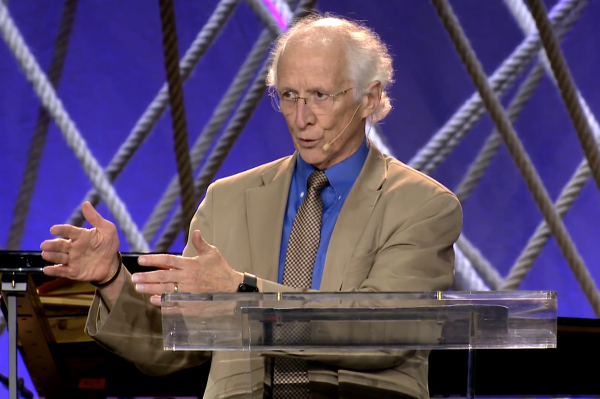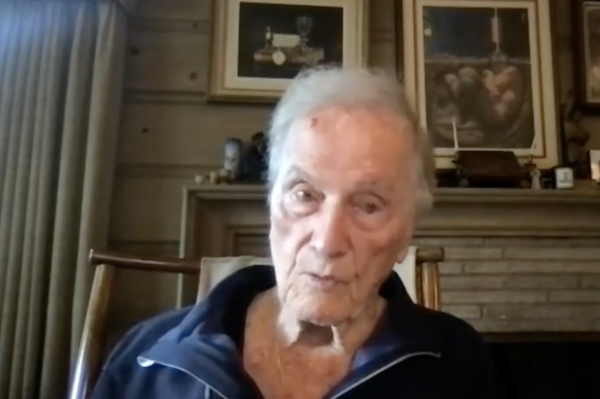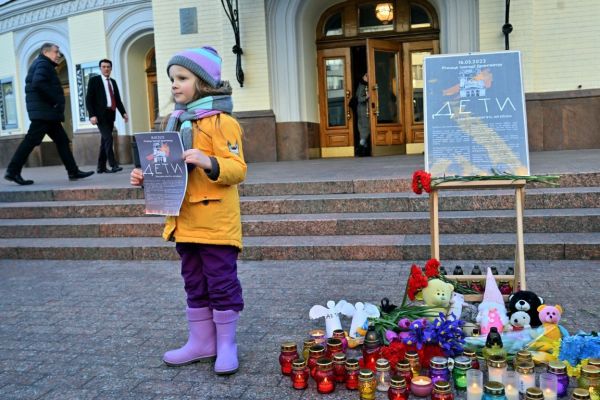US Pulls Out Embassy Staff from Sudan, Tunisia
The State Department on Saturday ordered non-essential staff from its embassies in Sudan and Tunisia to leave with all their family members, and advised U.S. citizens against traveling to those countries due to a rise in anti-American violence over an anti-Islam film.
"Given the security situation in Tunis and Khartoum, the State Department has ordered the departure of all family members and non-emergency personnel from both posts, and issued parallel travel warnings to American citizens," The Associated Press quoted department spokeswoman Victoria Nuland as saying.
An anti-American outrage is underway across the Middle East and North Africa region and beyond since Tuesday over the film, "The Innocence of Muslims," produced in California and posted online. The film portrays the Prophet Mohammad as a womanizer, child molester and ruthless killer.
At least five protesters were wounded in Tunis, the capital of Tunisia, after police opened fire to quell an assault on the U.S. embassy compound on Friday. In Sudan, around 5,000 protesters attacked the embassies of Britain and Germany in the capital of Khartoum on Friday.
The State Department has advised Americans to leave Tunisia on commercial flights, and Americans who chose to remain to use extreme caution and avoid demonstrations.
In Sudan, the warning said there were still some threats of terrorist attacks targeting people from the West although the Sudanese government had taken steps to limit the activities of terrorist groups. It also noted that American officials were already required to travel in armored vehicles and to get permission to travel outside Khartoum.
Meanwhile, President Barack Obama said on Saturday the U.S. was working with other nations to protect U.S. diplomats. "We are in contact with governments around the globe, to strengthen our cooperation, and underscore that every nation has a responsibility to help us protect our people," he said in the weekly radio address.
Secretary of State Hillary Clinton on Saturday telephoned top officials from seven countries to discuss the situation. She spoke to the prime minister of Libya, the president of Somalia, and the foreign ministers of Britain, Egypt, France, Saudi Arabia and Turkey.
Clinton and Egyptian Foreign Minister Mohamed Kamel Amr "agreed that while the film may be offensive and reprehensible, it cannot be used as justification for violence," Nuland was quoted as saying. On Friday, one protester was killed, at least 27 people were injured, and 145 protesters were arrested in Cairo.
U.S. Ambassador to Libya Chris Stevens and three other Americans were killed on Tuesday in Benghazi.
Clinton has described the film as an "awful Internet video that we had nothing to do with." On Friday, she called the attacks misguided and against the spirit of these nations' recent struggles against authoritarian rulers. "The people of Egypt, Libya, Yemen and Tunisia did not trade the tyranny of a dictator for the tyranny of a mob," she said. "Reasonable people and responsible leaders in these countries need to do everything they can to restore security and hold accountable those behind these violent acts. And we will ... keep taking steps to protect our personnel around the world."






















